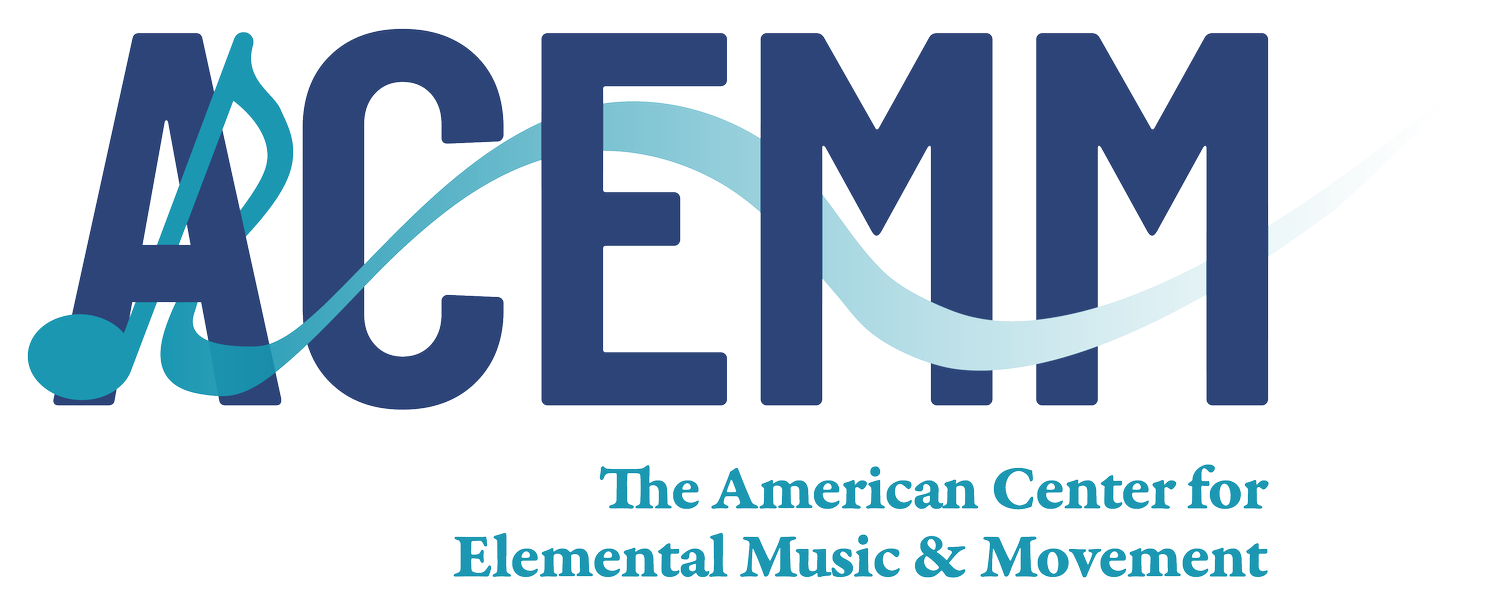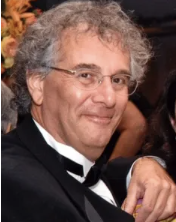What is Elemental Music?
Reposted from February 28, 2017 by past-president Steven Calantropio
Defining a musical style is not an easy task. Along with the identifying the chronological start and end points, the salient artistic qualities of the style must be discerned. Historical styles can be put into a temporal framework and compared with what came before of after but a definition is made more difficult when the style is vital and active.
Such is the case with elemental music. In its broadest terms, elemental style has been present since the time that human beings began to express themselves through dancing, singing, playing primitive instruments and in general, using musical media to express and communicate human aspirations of an aesthetic nature. These activities are as old as mankind himself. The quality of being elemental, created from the basic elements of aesthetic communication is timeless. It has always been there and always will be.
Another limited and more practical definition of elemental music can be taken from the works of Carl Orff (1895-1982) and Gunild Keetman (1904-1990) who in the 20th century devised a pedagogical and musical approach to aesthetic education broadly termed ‘Orff-Schulwerk’. The hallmarks of this style are readily identifiable. The music is not intellectually based; all people by nature of their inherent musicality can participate in it to some degree without the need for advanced technique or training. The music is strongly pattern based employing short, easily remembered patterns of rhythm, melody, harmony, etc.
Because elemental music is an unsophisticated style that can be easily broken down into its component elements, participants are encouraged to create or improvise based on their understandings of these elements. A lack of nuance and detail in such music is more than compensated for by the ability for all to become involved. The ability to create music spontaneously using intuition and a basic knowledge of simple artistic tools is now possible. Complex note reading skills or highly developed fine motor instrumental technique is not necessary to participate in elemental music making. The simple, natural patterns of speech and bodily movement become the starting points for the music making.
Such an inviting musical style makes elemental music very suitable for pedagogical purposes. Such pedagogy embodies the artistic ideals of the ancient greeks who termed such experiences as Musiqué. This is the equal union of speech, movement and music in artistic creation. The combination of these modes of expression represents the highest form of aesthetic involvement of the individual. Modern day elemental music and movement reflects ancient musique ideals in modern terms primarily for pedagogical uses.
Steven Calantropio retired from an active career in public education in 2004. He taught music and movement in the River Edge, NJ public schools for 31 years prior to his retirement. During that time, Mr. Calantropio presented workshops and lectures in elemental music at many colleges and universities in the United States and internationally as well. His two most recent books Pieces and Processes and Lessons in Elemental Style have been well received by music educators and are published by Schott Music Comp. Steve’s innovative Master Class in Elemental Music was presented over 25 times during his years of teaching at various institutions of higher learning. In his retirement,
Steven holds certificates in Orff Schulwerk, Kodály, and Dalcroze from the Manhattan School of Music as well as a certificate from the Orff Institute in Salzburg, Austria. He taught Orff Level III courses for over 30 years and has been a guest lecturer, levels teacher, and conference presenter at Orff Schulwerk training programs in Canada, Sydney, Adelaide, Melbourne, and Hobart, Australia, Seoul, Korea, and at the Orff Institute in Salzburg. His two most recent books Pieces and Processes and Lessons in Elemental Style have been well received by music educators and are published by Schott Music Company. Steven’s innovative Master Class in Elemental Music was presented more than 25 times during his years of teaching at various institutions of higher learning. Mr. Calantropio retired in 2018 as the Education Director of the American Orff-Schulwerk Association, a position he held for 11 years. Steven is also the president and a founding member of the American Center for Elemental Music and Movement (ACEMM).

